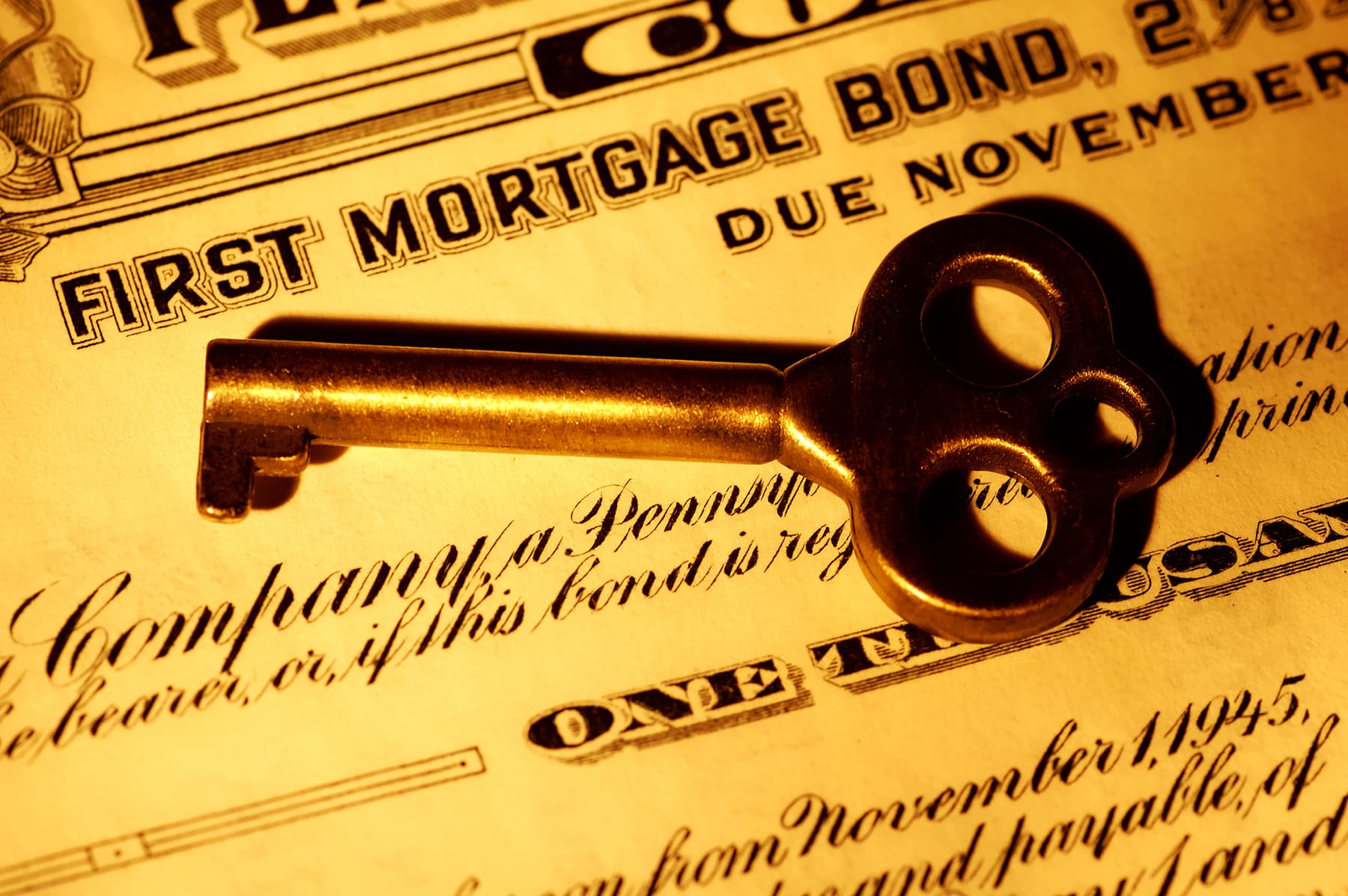No one automatically assumes your mortgage after your death, says Credible’s recent article entitled “What Happens to Your Mortgage When You Die?”
Your estate executor—the individual you name to carry out your will and manage your estate after you die—will continue to make payments using funds from the estate, while everything is being settled. Later, the person who inherits the home might be able to assume the loan.
If you’re a co-borrower or co-signer with the decedent, you don’t have to do anything to take over the mortgage because you’re already responsible for paying it.
Mortgage loans have a due-on-sale clause, also called an acceleration clause. This requires the loan to be paid in full, if it transfers to a new owner. However, federal law prohibits lenders from accelerating a loan in the event of a borrower’s death.
Those who acquire ownership this way are considered “successors in interest,” and lenders must treat them as if they were the borrower. A successor in interest can assume the loan without having to apply or qualify, and continue making the payments. You also can modify the mortgage to avoid foreclosure, if you want to keep the home.
A significant step in estate planning is drafting a will stating exactly how you want your estate handled after you die and naming an executor.
When planning to bequeath a mortgaged home, you should disclose the mortgage to your executor and close relatives. If you fail to do so, they won’t know how to make payments. As a result, the home could be inadvertently lost to foreclosure.
Finally, think about whether the person who inherits your home will be able to afford mortgage payments and upkeep.
An experienced estate planning attorney can help you devise a strategy to keep your gift from becoming a burden to your loved ones.
Reference: Credible (Sep. 24, 2021) “What Happens to Your Mortgage When You Die?”



